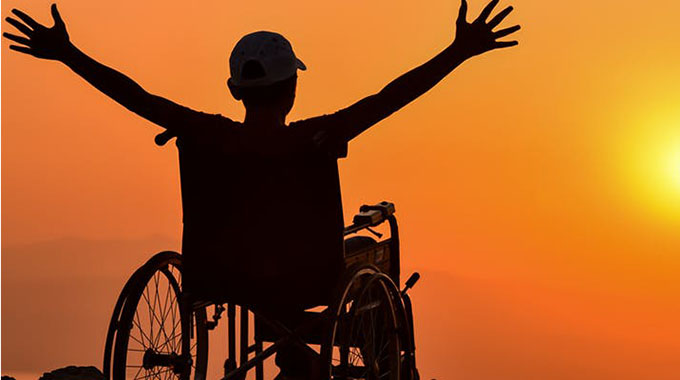A recent report by the Deaf Zimbabwe Trust (DZT), titled “Zimbabwe’s Accessibility Crisis: Breaking Down Barriers for Persons with Disabilities,” highlights significant challenges faced by people with disabilities in the country.
DZT legal officer Samantha Mushore authored the report, detailing how, despite progress in recognizing their rights, Zimbabwe continues to struggle with mobility, accessibility, and inclusive education.
“Despite progress in recognizing the rights of people with disabilities, Zimbabwe still faces significant challenges in ensuring mobility and accessibility,” Mushore stated. “The country’s inadequate infrastructure, insufficient public awareness, and limited legal regulation hinder the independence and social inclusion of persons with disabilities.”
The root of the problem lies in Zimbabwe’s legal framework. Although the country has ratified the United Nations Convention on the Rights of Persons with Disabilities (CRPD), the domestication of this convention into national law has been slow. The Disability Amendment Act of 2013, intended to address some of these concerns, has been criticized for being ineffective and lacking proper implementation mechanisms.
Public transportation remains a major issue. Most buses and taxis are not wheelchair-accessible, making it difficult for people with disabilities to access education, employment, and healthcare. The situation is even worse in rural areas, where transport options are already scarce. Urban areas also present challenges, with sidewalks and pavements often obstructed, further limiting mobility.
“Public transportation is another major issue,” Mushore explained. “The buses and taxis that dominate Zimbabwe’s public transport system are not designed to accommodate wheelchairs or individuals with mobility challenges. This lack of accessibility perpetuates the exclusion of persons with disabilities from education, employment, and healthcare opportunities.”
Inclusive education remains a significant challenge. Many parents of children with disabilities struggle to find affordable schools that cater to their children’s needs. Although the country’s Constitution guarantees the right to education for all children, including those with disabilities, the implementation of inclusive education policies remains weak due to the absence of specific, enforceable legal provisions.
“The Inclusive Education Policy has been pending for years, leaving schools without clear guidelines on how to adapt their infrastructure and provide support for students with disabilities,” Mushore noted. “As a result, many schools, particularly in rural areas, lack the resources and expertise needed to accommodate students with disabilities, excluding them from the education system.”
To address these issues, Mushore emphasized the need for Zimbabwe to amend its legal frameworks to include comprehensive and enforceable laws on accessibility and inclusive education. Investing in infrastructure, such as wheelchair-accessible public transport and buildings, is also crucial. Furthermore, Mushore added that public awareness campaigns and disability-inclusive policies must be implemented to promote inclusivity.
“Zimbabwe’s accessibility crisis is a complex issue that requires a multifaceted solution,” Mushore stressed. “By strengthening the legal framework, investing in accessible infrastructure, and promoting inclusive attitudes and practices, Zimbabwe can break down barriers and ensure that persons with disabilities have equal opportunities and can participate fully in society.”
Creating an inclusive society is not just a moral obligation but a crucial step towards Zimbabwe’s overall development, Mushore concluded.
